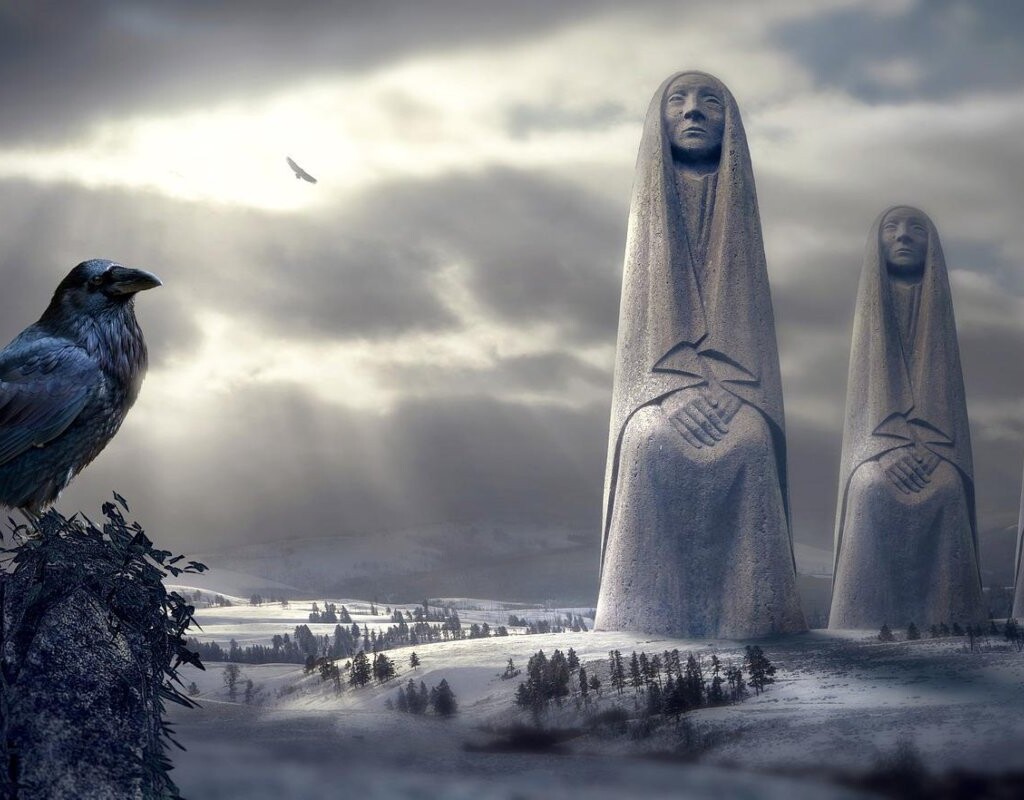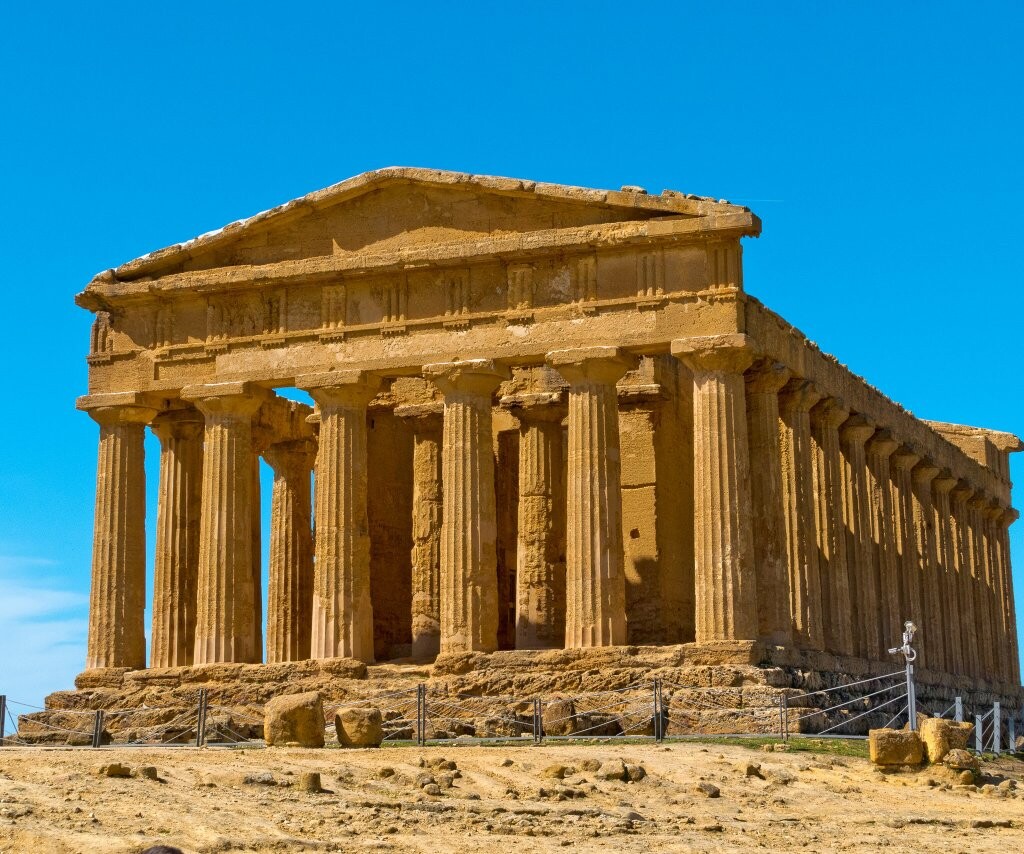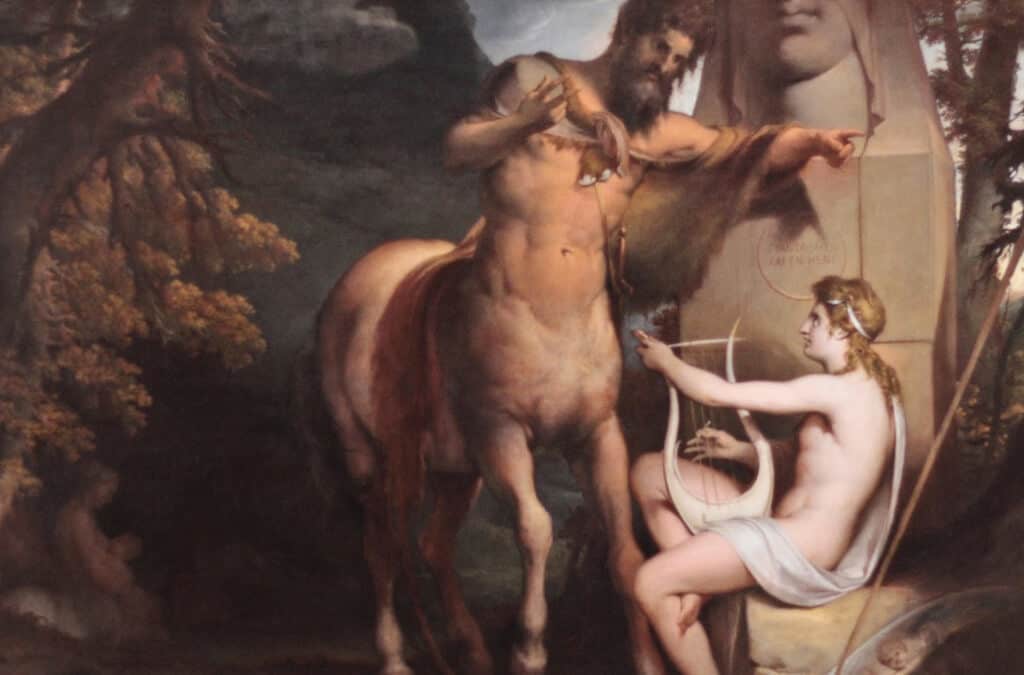According to Homer, the moiras also called Parcas by the Latins, are the individual and inescapable destinies of every human being. Zeus known as Jupiter, had a relationship with Themis a goddess of the line of the Titans and daughter of Uranus and Gaea.
The Moiras: Uncovering the Inescapable Destinies of Humans
From this union were born the Hours, the Moiras and the Hesperides considered the most important divinities of moral life. In Hesiod’s Theogony the Moiras are equated with other divinities, such as the Hesperides, daughters of the night. The Moiras are three in all and each has a distinctive name and appearance.
Cloto – The web of life
The best known of the three Fates is called Cloto, the spinner, who personifies the web of life of each individual through her work of spinning.
Lakessis – The distribution of fortune
The second is called Lakhesis and influence relates to the portion of luck that each individual is entitled to receive, regardless of whether his or her life has been good or bad. The luck of Lakhesis is distributed equally.
Atropos – The immutable destiny
The third called Atropos is the personification of the immutable and unchangeable destiny of every human being against which no one has control.
The Moiras are closely linked to each of us and accompany us from birth to death, taking care of the plot of life, the distribution of fate and the determination of destiny. They are present at every moment, attached to our shadow.
When Atropos announces that the end is near, he conveys the news to his sister Lachesis, who in turn is responsible for informing Cloto, the one in charge of spinning the threads of life.
Although on occasion, Lachesis and Cloto may slightly delay the final moment, this act reflects their nature as reapers, those responsible for determining the fate of mortals.
Fate according to the Moiras
The influence of the Moiras on personal destiny is palpable, and although each person’s destiny is inflexible, certain factors can affect the length of their lives.
Luck and life events can alter your destiny slightly, extending it beyond what was originally intended. In the end, however, destiny will always be fulfilled, and the Moiras will see to it that it is.
There are those who are more fortunate and have carefully planned the last days of their lives, hiring a top-notch medical team and privileged care that will allow them to prolong their lives.
However, it is important to remember that Moiras are known for their moderation and will only allow for a short extension of time. In the end fate will always have the last word, and the Moiras will make sure that their decision is respected.
The importance of including mythology in the school curriculum
Mythology deserves to be studied in schools with the same passion devoted to religion, experts argue. In this way, it could deepen the understanding of human nature, its behavior and its connection to the sacred, ensuring a more complete perspective.
According to them, the teaching of religion, as it is taught today, limits human culture, thought and consciousness. Therefore, it is essential to include mythology in the school curriculum, along with religion, in order to achieve a more advanced and cultured society.
According to the philosopher D. Guirand, myths contain an unfathomable truth presented in an accessible way. Mythology suggests that there is a belief in supernatural powers and beings superior to ordinary people throughout the world and that this belief is universal.
Understandably, this perspective clashes with established religions, whatever they may be. The idea that myths hide a universal truth can be seen as a threat to established beliefs and dogmas.
To continue with Guirand’s words, these supernatural powers are considered superior because of their ability to influence human beings, either directly or through natural phenomena. Among them, astrological phenomena stand out.




